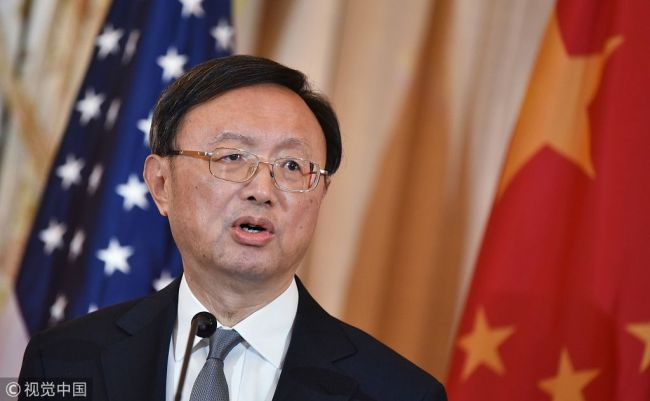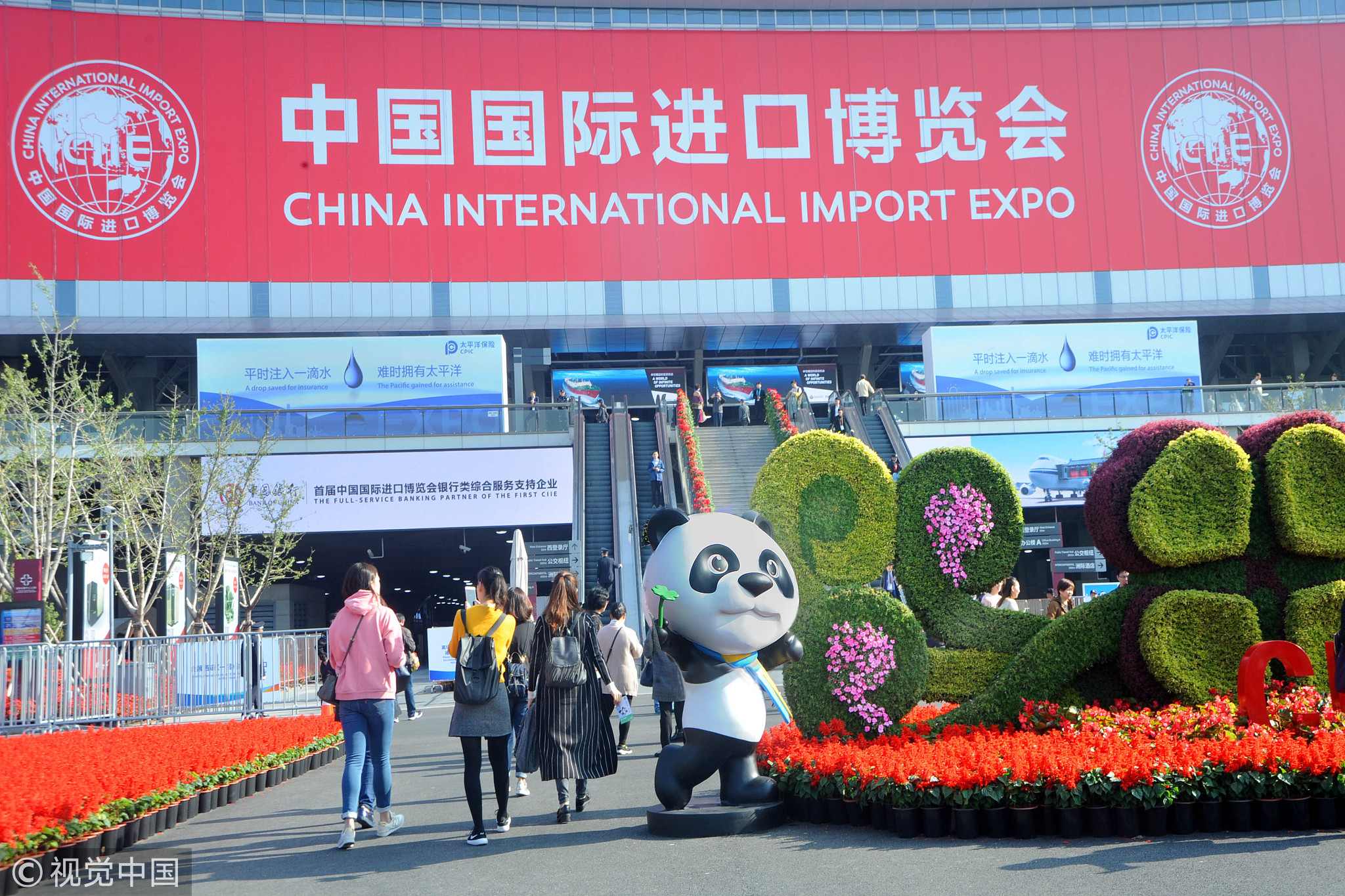
Opinions
14:03, 18-Dec-2018
Opinion: Understanding China's new round of reform and opening-up from three angles
Updated
12:50, 21-Dec-2018

Editor's Note: This article is an edited translation, published by China Plus on December 17, 2018, of a commentary from the Chinese-language "Commentaries on International Affairs".
This year marks the 40th anniversary of China's reform and opening-up. The voices of Western society about "where China is going in the future," "China is a partner or a rival," and "China is an opportunity or a challenge" have also increased. In this context, the third Understanding China International Conference, which opened on Sunday in Beijing, is highly significant.
Among the participants are nearly 40 world-renowned politicians, strategists and entrepreneurs. Chinese President Xi Jinping sent a congratulatory letter, stressing that China will continue to comprehensively deepen reforms and expand opening-up, adhere to the new development concept, promote the high-quality development of China's economy, and provide more opportunities for cooperation in the world.
This is a strong response to the concerns of Western society and prompted the Chinese and foreign guests to discuss the theme of "China's new growth drivers and new opportunities for global cooperation."
The various arguments that revolve around China by the international community, especially Western society, can be attributed to three questions related to China, namely: What kind of country is China? Where does it come from? Where is it going? In this regard, Chinese and foreign guests who participated in this "Understanding China" conference have given answers from the perspective of the history of China's reform and opening up, as well as the future.
Regarding the first question, Yang Jiechi, member of the Political Bureau of the CPC Central Committee, pointed out in his opening speech that the international community can understand China from China's consistent adherence to peaceful development, promoting cooperation and win-win outcomes, upholding fairness and justice, advocating universal security, and seeking common ground while reserving differences.

Member of the CPC politburo Yang Jiechi speaks at a news conference during the US-China Diplomatic and Security Dialogue in the Benjamin Franklin Room of the US State Department in Washington, DC, November 9, 2018 /VCG Photo
Member of the CPC politburo Yang Jiechi speaks at a news conference during the US-China Diplomatic and Security Dialogue in the Benjamin Franklin Room of the US State Department in Washington, DC, November 9, 2018 /VCG Photo
Xu Lin, director of the State Council Information Office, pointed out that it is necessary to use historical, objective and future perspectives to understand that reform and opening up is the most distinctive feature of contemporary China, as well as a key measure for determining the destiny of contemporary China.
For the second question, Zheng Bijian, president of China Institute for Innovation and Development Strategy, used the term "duality" to summarize the progress and shortcomings of contemporary China. He noted that on the one hand, after 40 years of reform and opening-up, China's GDP rose by more than 200 times, from 360 billion yuan in 1978 to 82 trillion yuan in 2017, but its current per capita GDP ranks only 70th in the world.
On one hand, China is the powerhouse of the world's manufacturing industry, but on the other hand, China's manufacturing sector is still at a medium-to-low level. He argued that this "duality" shows that the new round of China's reform and opening up is based on historical progress achieved over the past 40 years, as well as on new contradictions facing Chinese society.
Where is China going in its new round of reform and opening up? The participants suggested the answer to this question was clear and definite. That is: the national economic and social development goals put forward at the 19th National Congress of the Communist Party of China to build a moderately prosperous society in all respects in 2020, to basically achieve socialist modernization by 2035, and to strive to build China into a great modern socialist country that is prosperous, strong, democratic, culturally advanced, harmonious, and beautiful in the middle of the century.

China International Import Expo is held between November 5 and November 10, 2018 in Shanghai. /VCG Photo
China International Import Expo is held between November 5 and November 10, 2018 in Shanghai. /VCG Photo
Zheng Bijian argued that this is not a goal to dominate the world, but one to develop oneself. In the process of achieving this goal, he said China's market power and innovation will be put in a more prominent position. At the same time, he noted China will work together with people from all countries to build a community of shared future and interests for mankind.
Former British Prime Minister Gordon Brown pointed out in his speech that building a community of shared future will not remain at the theoretical level, but will be verified by practice. He called for the establishment of an interconnected world, arguing that human beings need to use international cooperation to defeat protectionism more than ever.
As China marks the 40th anniversary of reform and opening up, politicians, strategists and entrepreneurs from all over the world gather in Beijing to spend three days discussing new driving forces for China's development from the perspective of regional development strategies, technological innovation, industrial upgrades and modern financial system construction.
They also talk about ways to discover new opportunities for global cooperation in terms of regional security and a new model of international relations, citing the "Belt and Road" as a program that will not only help Western society better understand China, but also to benefit the world.
(If you want to contribute and have specific expertise, please contact us at opinions@cgtn.com.)

SITEMAP
Copyright © 2018 CGTN. Beijing ICP prepared NO.16065310-3
Copyright © 2018 CGTN. Beijing ICP prepared NO.16065310-3